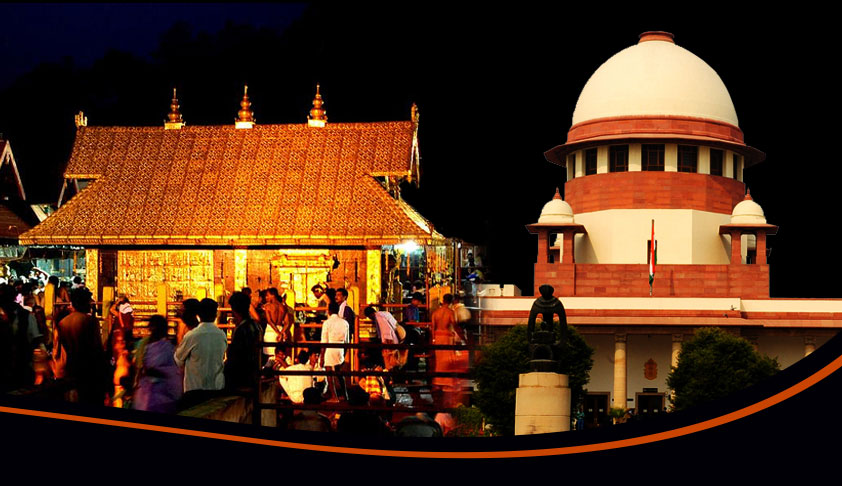Two More Review Petitions Filed In SC Challenging Sabarimala Judgment
Apoorva Mandhani
9 Oct 2018 5:16 PM IST

Next Story
9 Oct 2018 5:16 PM IST
After the Supreme Court today declined a request for early hearing of the review petitions filed against the Sabarimala judgment which allowed entry of women of all age groups to the temple, two more review petitions have been filed before the Apex Court challenging the verdict.The petitions have been filed by the Pandalam Kottaram Nirvahaka Sangham and ‘People For Dharma’, a...
